ICHOM is thrilled to have been a consortium partner and to announce the findings of the recently concluded patient-centered randomized clinical trial, the TENSION (The Efficacy and Safety of Thrombectomy in Stroke with extended lesion and extended time window) study. The TENSION study demonstrates how treatment approaches can be assessed, and produce positive results, based on outcomes that matter to patients.
The TENSION study was an investigator-initiated, prospective multi-center, open-label, randomized clinical trial in Europe (8 countries) and Canada that enrolled 253 patients with acute ischemic stroke (with a large infarct core). The study assessed the effect of endovascular thrombectomy treatment coupled with best medical treatment, when compared with best medical treatment alone up to 12 hours from stroke onset. The effect of this novel treatment pathway was assessed based on functional outcomes at 90 days following stroke onset (primary endpoint, using modified Rankin Scale), mortality at 90 days, and patient-reported outcome measures of health-related quality of life (EQ-5D, PROMIS-GH-10) and depression and anxiety (PHQ-4) at 90 days. ICHOM served as a consortium partner for the study and the variety of study endpoints was informed by ICHOM’s set of patient-centered outcome measures for stroke. The endpoints reflect results that are important to stroke patients: survival, quality of life and functioning across the physical, social and mental dimensions of living.
The study found that endovascular thrombectomy treatment was associated with better function at 90 days (adjusted common odds ratio 2.58; 95% CI: 1.60 to 4.15; P=0.0001), better patient-reported health-related quality of life, depression and anxiety, as well as lower mortality (hazard ratio 0.67; 95% CI: 0.46 to 0.98; p=0.038). To date, there are three randomized trials of endovascular thrombectomy for treatment of acute ischemic stroke with large core (RESCUE-Japan LIMIT, ANGEL-ASPECT, SELECT2). These trials have reported comparable results, but they are limited especially with regards to generalizability of their results and have not yet influenced clinical guidelines.
The TENSION study was conducted in 40 centers in 8 countries in Europe and Canada and patient enrollment was based on standard of care stroke imaging with non-contrast CT in 82% and MRI in 18%. By design, the study did not require perfusion imaging or post-processing using commercial software, as previous trials have done. In so doing, the study reflects real world clinical practice around the globe. TENSION’s findings are not only positive and novel, they are highly relevant to routine care in many settings, and assessed a treatment pathway with a focus on outcomes that matter to patients. More trials designed in this way, closer to routine care context and using patient-important outcomes, are needed to change clinical guidelines and drive high quality, patient-centered care.
For more information on the TENSION study findings and collaborators, please see the Lancet manuscript or contact Dr Neo Tapela, ICHOM Chief Scientific Officer, n.tapela@ichom.org












